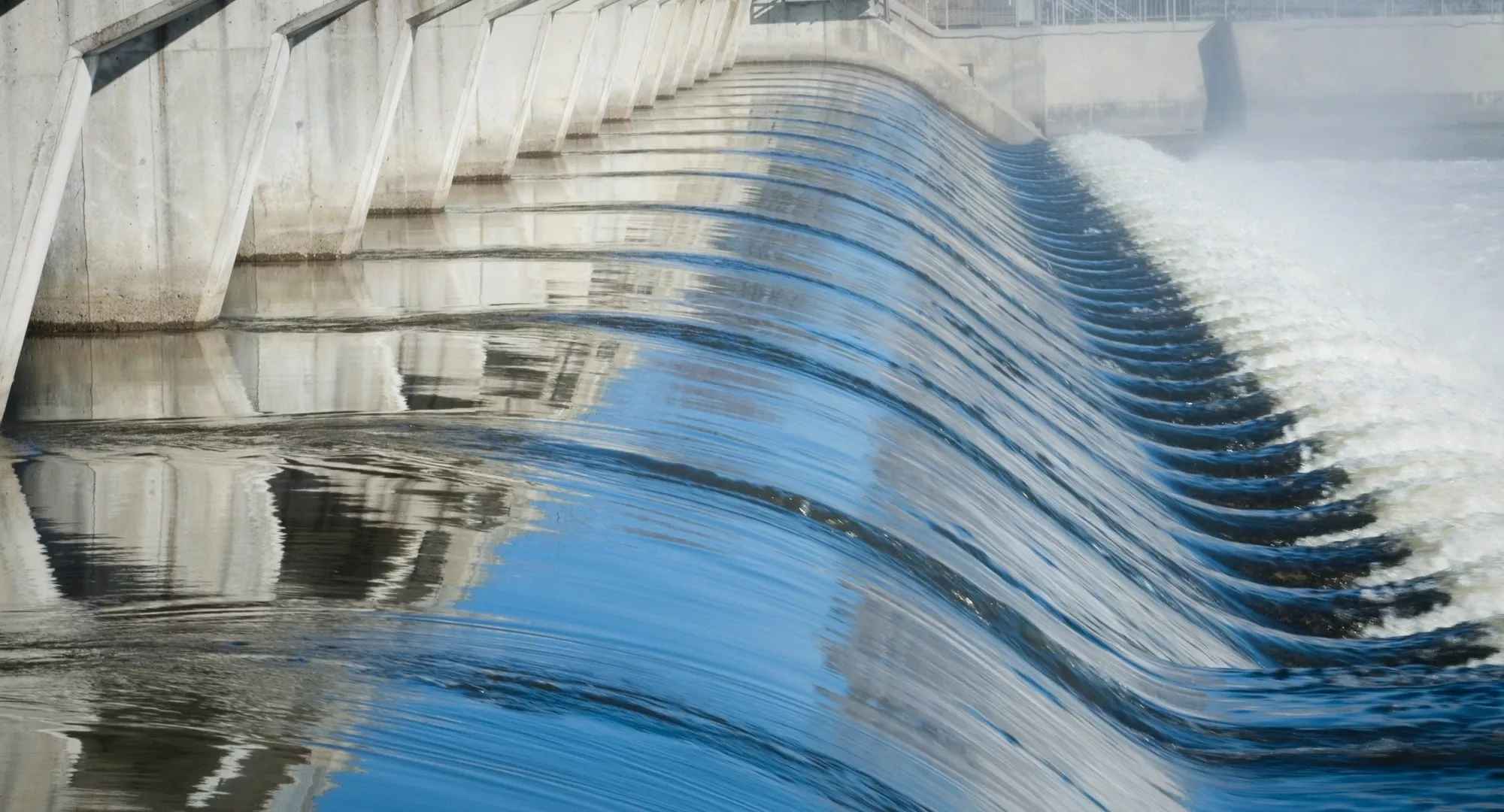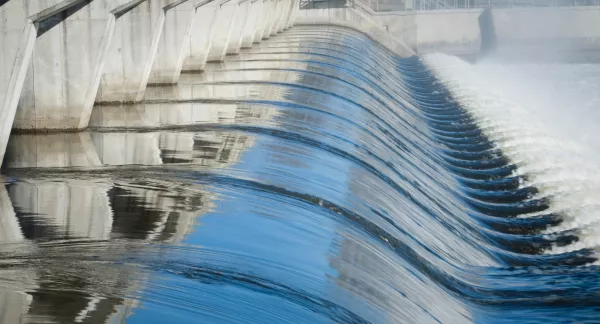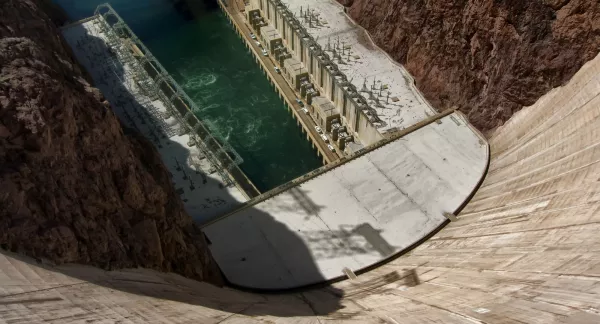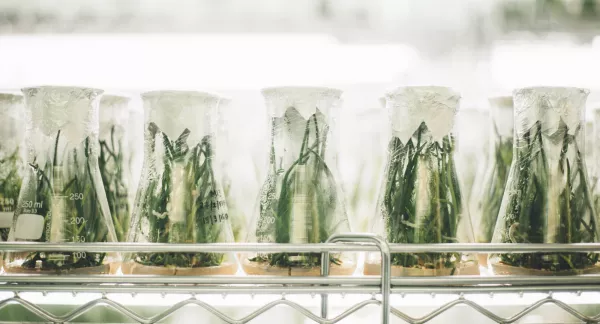
Developing Business Cases for Food Waste Co-Digestion at Water Resources Recovery Facilities
Abstract
This research provides insights about successful business strategies water resource recovery facilities (WRRFs) in the U.S. have used to create value and manage the risks of adopting co-digestion of food waste – including fats, oils, and grease; food manufacturing residuals; and food scraps – with wastewater solids to enhance recovery of biogas, soil amendments and nutrient products. The report presents a framework that can help WRRFs develop a long-term business strategy and implementation plan that can be used to advance their mission and long-term goals. Published in 2019.
In 2021, the WRRF case studies conducted as part of this project were updated, and are available below under Resources.
Originally funded as WERF project ENER19C17.
Resources
Business Cases for Co-Digestion of Food Waste: Lessons Learned
Co-digestion of food wastes with wastewater solids at water resource recovery facilities (WRRFs) can provide financial benefits to WRRFs, as well as a broad range of environmental and community benefits...


